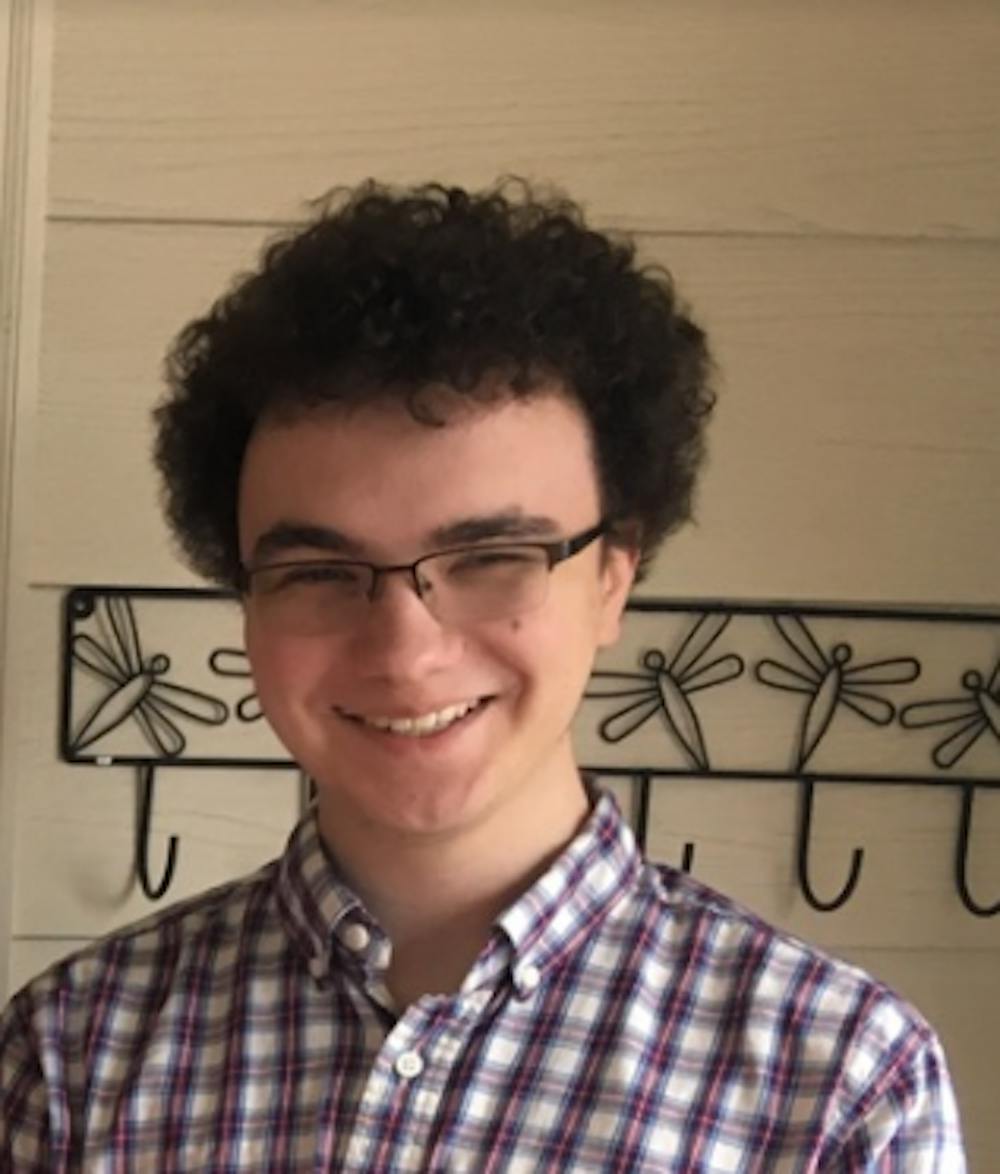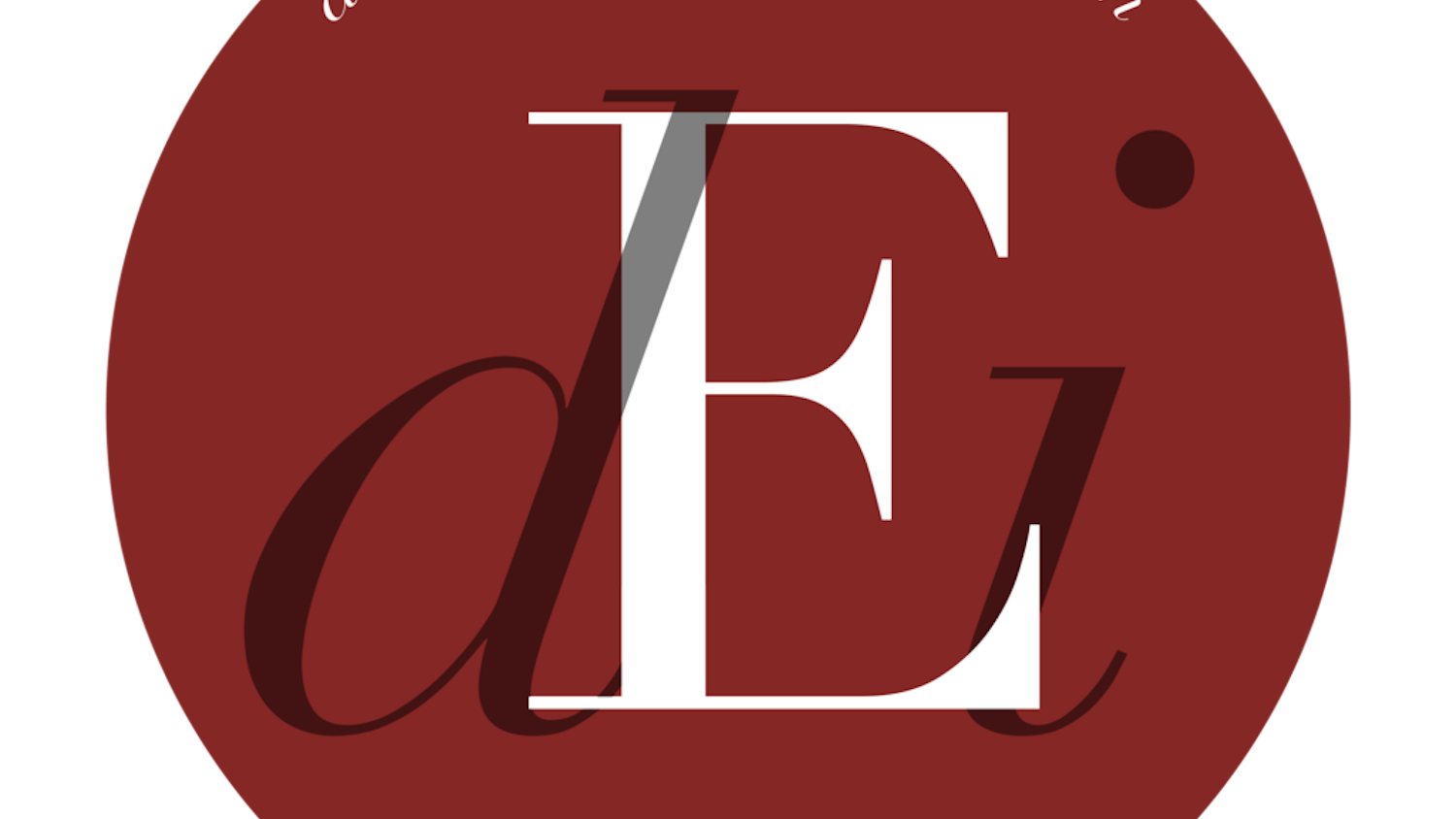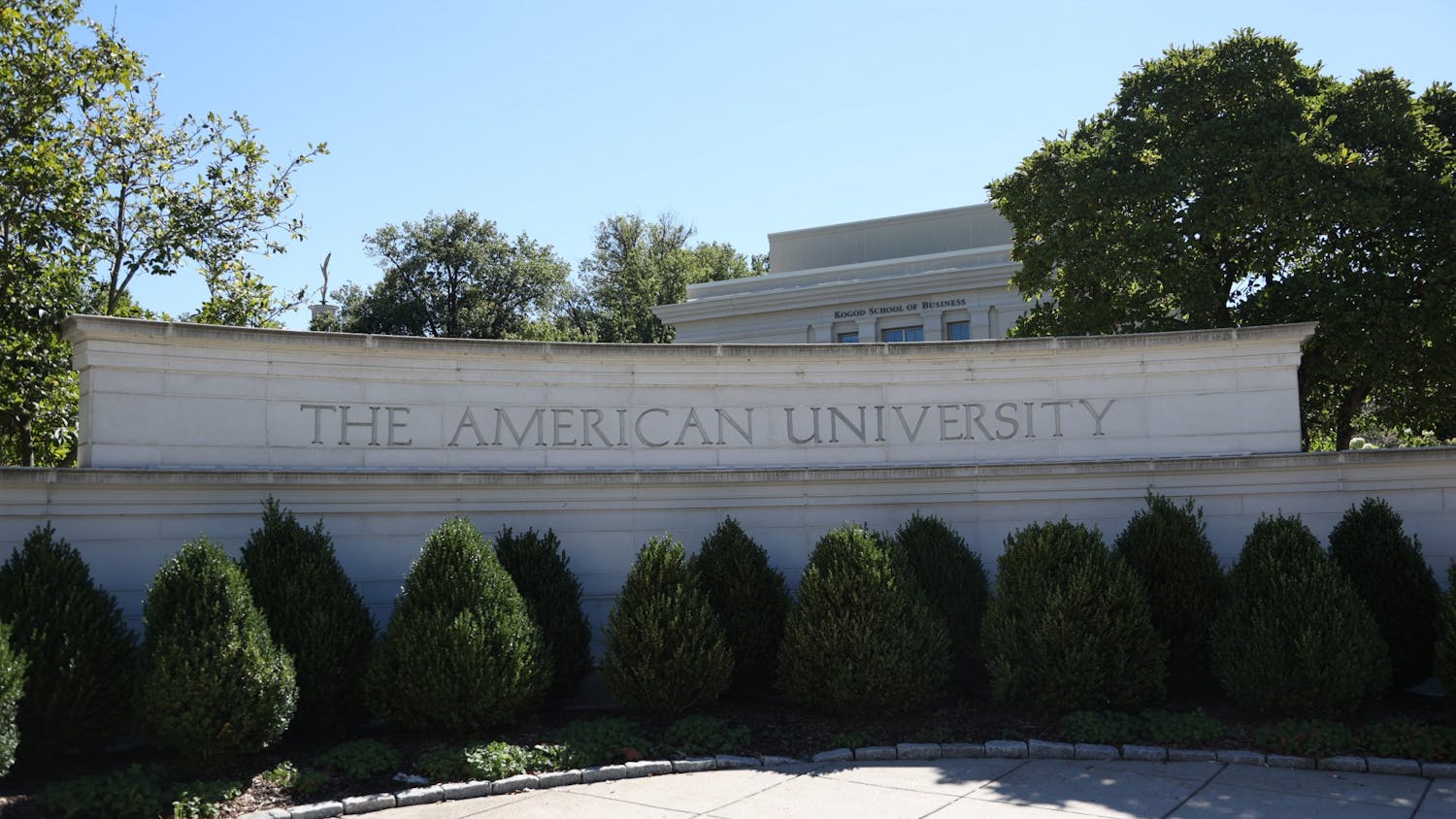The mission statement of American University states that the University “encourages a commitment to … equity and equal access.” If that means anything, it must at least mean not creating physical barriers that prevent people from using spaces on campus. If the University cannot ensure this most basic standard, then all claims of “equal access” ring hollow.
Unfortunately, AU succumbs to such pitfalls in the status quo. There are several places on campus that are inaccessible to people in wheelchairs of other people with mobility challenges. Most of these flaws are the result of simple negligent building design, and the University could make a great deal of progress with a series of simple fixes. But by and large, the administration has shown no signs of initiative or progress on this front.
A complete list of AU’s inaccessible features can only be found through experience, but a number of them are immediately obvious. Hurst Hall has an accessibility elevator for people who cannot climb its stairs, but the elevator has not been functional in years. All doors to the East Quad Building have stairs or concrete depressions in front of them, preventing anyone in a wheelchair from entering the building. The Watkins and Kreeger buildings have accessible entrances to their lower floors, but the path to these doors is blocked by signs that say “Authorized Personnel Only.”
Some campus flaws are less stark, but important nonetheless. None of the businesses in the Bender tunnel, except Subway and Megabytes, have automatic door buttons. Roads near dorms often lack crosswalks. Asbury Hall has an accessible entrance near designated parking spots, but it is hidden behind the building down a treacherously steep hill. What good is an automatic door if you can’t even find it?
There have been some efforts toward expanding access. The Academic Support and Access Center does good work coordinating with students and professors to provide accommodations to those with disabilities. And last year, I was lucky to take part in a student-led program called “Access AU,” which developed a system of visual indicators showing the location of accessible entrances. But as good as steps like these are, they are only stopgap measures. They can only blunt the consequences of the problem without actually addressing it. Tackling the root issue — inaccessible campus infrastructure — requires action from the University administration.
That’s why I introduced a bill in the Undergraduate Senate to put this issue on the administration’s radar. My bill would have AUSG President Dumpson to advocate before the relevant administrative departments that the University outline plans and take concrete steps to fix our accessibility problems. Hopefully, action by student government can move AU toward finally solving these flaws, rather than just treating the symptoms.
But, change has to be supported from the bottom. I encourage everyone to get involved and be a part of the solution. If you ever talk with any administrators, let them know this is an important problem. Keep the conversation going by making access an issue in the upcoming Student Government elections — make sure candidates promise to keep up the pressure. Administrators care when students care.
AU’s campus has been inaccessible for years. Meaningful improvements could be made with the slightest of actions — fixing an elevator or painting a crosswalk. But the University has to act. Let’s make sure they act.
Bobby Zitzmann is a sophomore in the School of International Service and a member of the Undergraduate Senate.
opinion@theeagleonline.com





